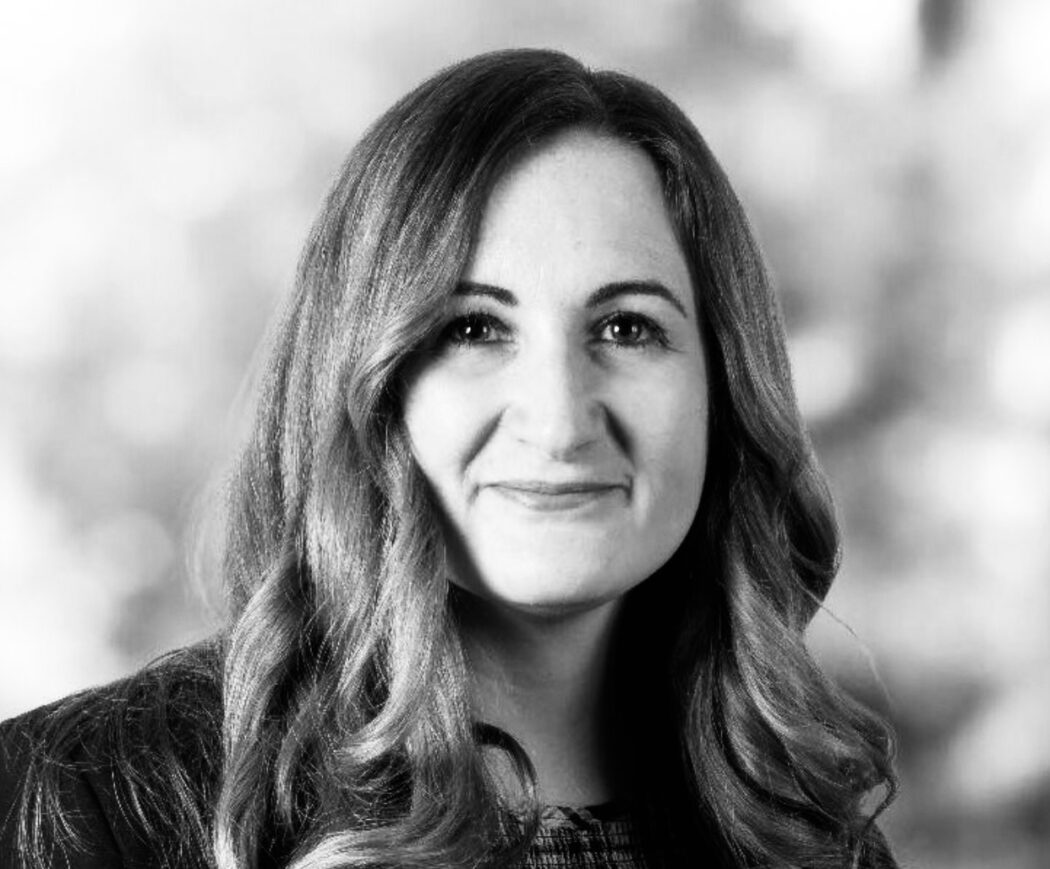Drawing from years of personal experience, interactions with friends, and most recently, observations from patients, one undeniable theme emerges, a subject that does not discriminate: how to navigate life after the wreckage of a broken relationship.
I’m struck by the universal truth: a broken heart knows no age. Yet, it’s often those in the midst of life’s journey who struggle to find their resilience when a relationship breaks down. Whether it’s the weariness from starting over or the daunting prospect of facing the road ahead alone, the pain, regardless of age or relationship duration, is profound.
Let’s delve into this experience.
Isn’t it surreal to grasp that someone who once held an irreplaceable role in your life is gone? Memories, once the fuel for joy and motivation, now morph into bittersweet reminders of a person you envisioned sharing your life’s story with, not just a fleeting chapter.
That person was everything to you, perhaps still is, and that’s okay.
Regardless of who initiated the split, the anguish continues. The uncertainty ahead might tempt you to plead, negotiate, or settle, despite knowing deep down that things weren’t right. You might carry a heavy load of guilt, anger, sorrow, or resentment—and that’s okay too.
People often promote time as a miraculous healer, but seldom explain why. It’s because time offers perspective. It grants us the clarity to think beyond raw emotion. It’s not time itself that heals; it’s the respite it provides to our hearts and minds.
That relationship offered lessons. It might have instilled in you the courage to voice your needs or revealed the impact of your actions on others. It could have reshaped your priorities, unveiling what truly matters in life and discarding what doesn’t.
Whatever the lesson, it’s okay to feel sorrow. It’s okay to yearn wiping all traces of those memories and to rewrite history. It’s okay to mourn and miss someone deeply. To grieve.
But here’s the truth: it’s not okay to label it ‘another failed’ relationship. Happiness and fulfillment require the commitment of two individuals. It’s an ongoing journey of communication and mutual growth. Your duty is to find happiness for yourself while enriching another’s life. If that connection didn’t flourish, it simply wasn’t the right fit.
If you could have done better, been better, then extend kindness to yourself. Acknowledge your flaws and strive to become the best version of you. Somewhere out there, someone might be experiencing the exact same lessons, the self reflection and growth that will see you treated the way you deserve in a future relationship. When the time aligns, you’ll step into a new chapter and those past memories will become fond recollections of a different time. A different you.
In my first relationship, my behaviour was very different from how I approach my marriage today. I could easily suffocate myself with remorse and shame over past actions or words. However, I choose to honour him (my first relationship) with the utmost respect. If I can’t change the past I can only make a promise to myself to do things differently in the future. I’ve evolved; I’ve rectified my ways and strived for improvement. How does this contribute? Well, if everyone had a similar journey, the world would be a better place and each person would reap the benefits.
We evolve; life shapes us, but it needn’t be for the worse. For something to hurt so much when lost, it must have meant a great deal whilst you had it and for that reason it’s okay to not be okay.
This feeling won’t last forever, but today, it’s okay that it does.
Thank you for reading this far. I hope it helped someone find some peace today ❤️
Vicky Senior

